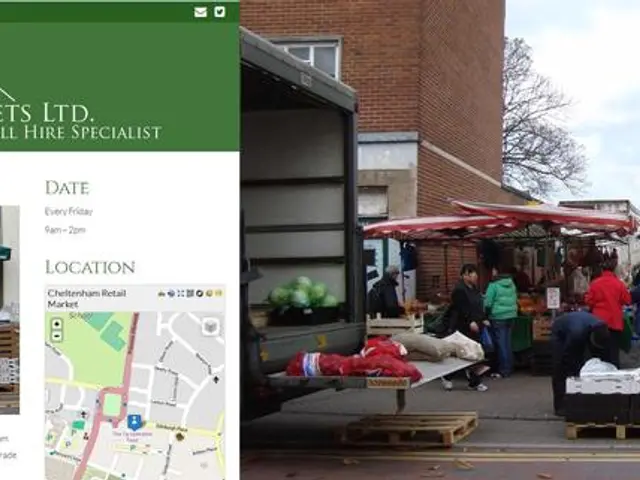Urban households facing financial crisis, with many on the brink of collapse, due to a deficit totaling billions.
In a recent statement, the mayor of Leipzig, Germany, expressed concern over the current focus on citizen's income at the expense of care services. This concern is shared by Burkhard Jung, the president of the German City Council, who has highlighted potential budget holes of up to 36 billion euros for cities and municipalities this year.
The rising costs are a nationwide trend, affecting multiple areas of social welfare. For instance, the costs of child and youth welfare and integration aid for people with disabilities are increasing. In Leipzig alone, the costs for nursing home personal contributions have doubled from 50 to 100 million euros in recent years.
Jung has been successful in dismantling three tent cities in Leipzig due to the decreasing number of new arrivals. However, despite this decrease, the tasks of integration, providing kindergartens, language courses, and psychosocial support remain underfunded.
The German City Council's proposals aim to provide financial leeway and reduce costs. These include reducing bureaucracy, digitizing procedures, and standardizing the administration of services such as vehicle registration and the payment of parental benefit, housing benefit, or BAföG. This could potentially allow municipalities to save personnel.
The council also proposes that the federal government and states hand over a larger share of Value Added Tax (VAT) directly to municipalities. They suggest approving the staffing and budget plan for 2025, financing ongoing measures with loans, and carefully reviewing subsidies to avoid unnecessary expenses. The aim is to prevent a sharp rise in costs for cities and municipalities, while increasing investments in infrastructure like bridge maintenance and expanding transport connections.
There is no nationwide estimate of how much relief this centralization of services would bring, according to Christian Schuchardt, the managing director of the city council. The focus of discussion on the social state should not be solely on citizen's income, but also on other areas, particularly care, according to Jung.
It's important to note that migration and the accommodation of refugees were not the focus of the discussion this time, as the number of new arrivals is decreasing. The urgency of the situation requires the federal government to take immediate, substantial action with the states and municipalities.
The city council's efforts to address these challenges are ongoing, and further discussions are expected to provide more insights into potential solutions and the role of the federal government in supporting cities and municipalities.






